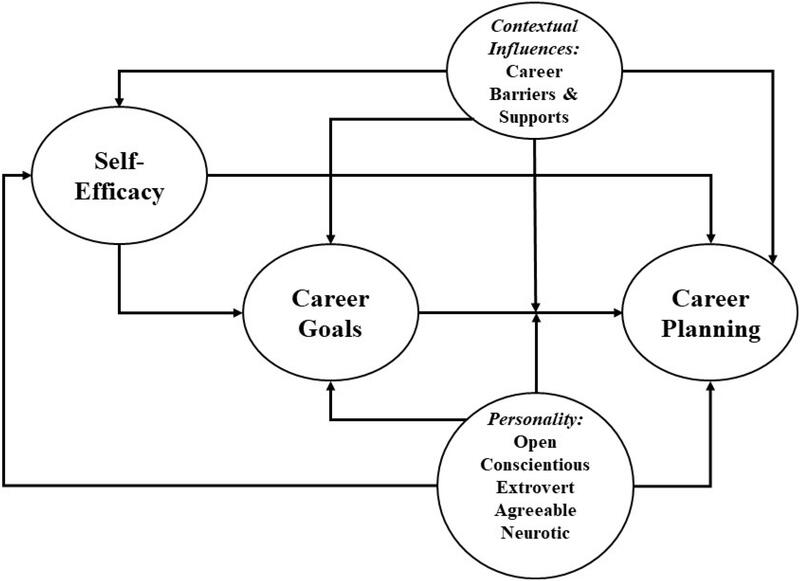Aimee Chung’s Updates
Project 3: Using Social Cognitive Career Theory to Connect Students’ Self-Efficacy Towards STEM Based Interests and Careers
Educational Theory - The Critics
Currently, the United States is experiencing a huge crisis in its education policies, affordability, and access. Education has been politicized, there continues to be inadequate funding and access to quality education in many school districts, and higher education costs, especially in post-secondary studies have skyrocketed beyond the means of many young people.
There needs to be more reform done in encouraging students to move into STEM programs and from there into long-term supportive and invested STEM careers. STEM education “has become strategically important in the global economy because of countries’ current and future economic and innovation success depends on the size of their STEM-literate workforce” (Sahin & Waxman, 2021).
Hence, many studies that looked at the SCCT (Social Cognitive Career Framework) as it relates to STEM motivation have found “significantly high correlation between psychological variables such as self-efficiency, self-esteem, outcome expectations, and interest and high school students’ educational and/or vocational aspirations” (Sahin & Waxman, 2021). Lent et al. (2006) define self-efficacy as an “individual’s personal beliefs about his or her capabilities to perform particular behaviours or courses of action”. Students that were shown to have set personal goals and expectations around specific STEM area outcomes they hoped to achieve were shown to have more self-efficacy and likely be more successful in those areas.
What has not been looked at more closely is psychological and emotional factors that also affect student motivation and self-efficacy. Although the theory points out ot correlational data with student self-esteem, goal expectations and individual interest towards STEM field or careers, more research also needs to be done towards the challenges that students face. These present day factors include societal pressures, socio-economic status, individual learning environments, learning challenges/disabilities, cultural and ethnic expectations for females, as other factors that would affect the efficacy of the framework.
Students who come from more priviledged backgrounds would have an impact on the access to technologies and programs around STEM, and would also have parents that have gone through STEM or are able to guide them into appropriate programs of interest, compared to students from minority groups and lesser social economic stable backgrounds, who would lack such opportunities and access to technology.
For students, even individual personality traits can make them more inclined to be successful, with students showing having more curiosity, more resilience, more patience to problem solve, more self management and coping skills to solve difficult problems as ones more likely to succeed in the STEM fields.
There also needs to be more work to see if this is the only relevant framework or if there are alternate, more suitable frameworks that would help to predict learner motivation and future success in the STEM field. It can be difficult to measure motivation, versus measuring things that are more quantitative such as school grades in math and science courses, which may also work as strong predictors to success in future STEM studies and careers.
References
Lent, R.W., & Brown, S.D. (2006). Integrating person and situation perspectives on work satisfaction. Journal of Vocational Behaviour, 69, 236-247. http://dx.doi.org/10.1016/j.jvb.2006.02.006
Lent, R. W., Brown, S. D. (2013). Social cognitive model of career self-management: toward a unifying view of adaptive career behavior across the life span. Journal of Counselling Psychology, 60, 557–568. doi: 10.1037/a0033446
Sahin, A., & Waxman, H. C. (2021). Factors Affecting High School Students’ Stem Career Interest: Findings from A 4-Year Study. Journal of STEM Education: Innovations & Research, 22(3), 46–60.


